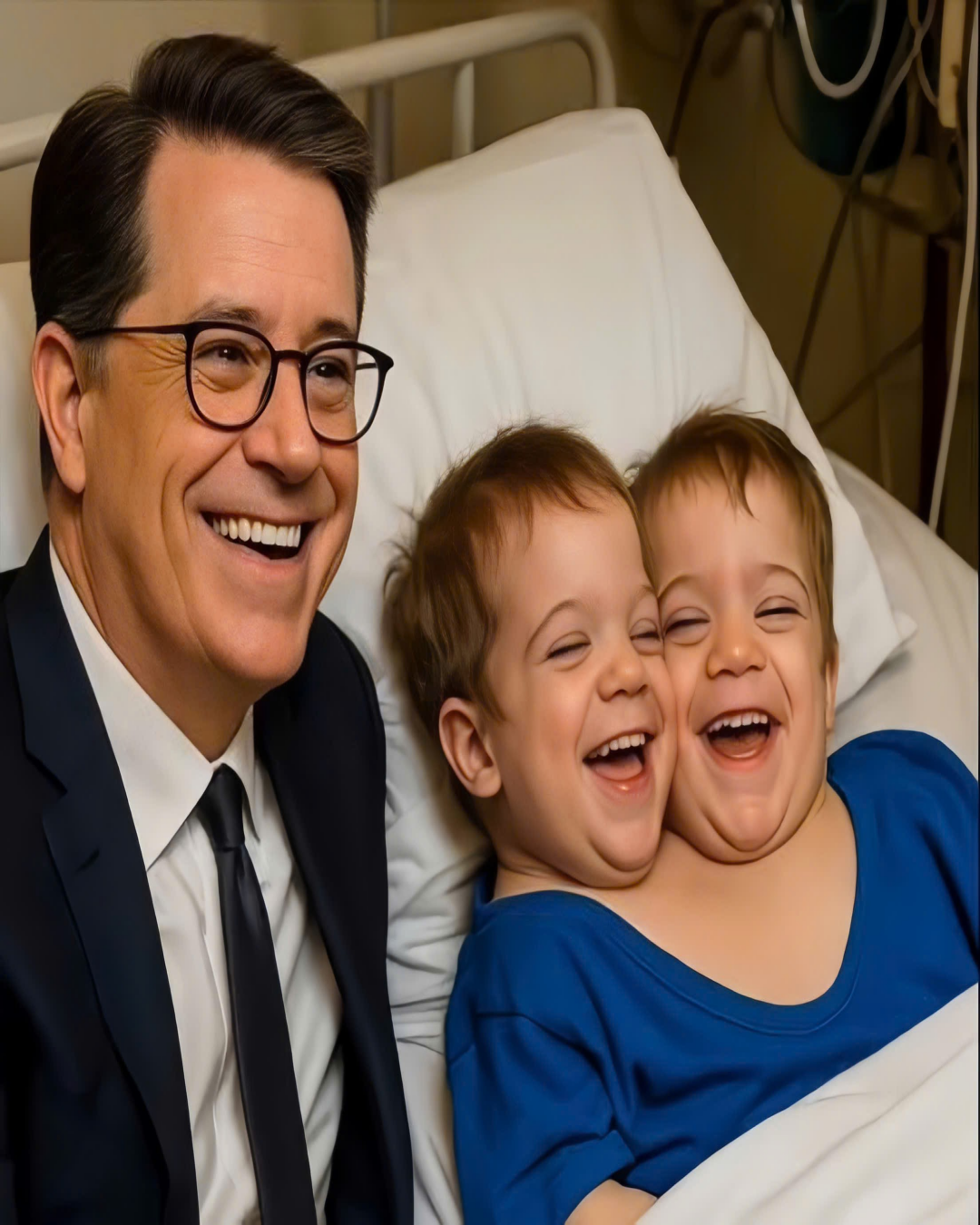The morning in Inglewood began quietly, with the faint hum of traffic and the sun casting a pale light over the familiar streets.
But inside the small home of the Burley family, a storm had already begun.
Lynisha Hull, mother of one-year-old Leilani Dream Burley, woke with a familiar routine in mind.
Her heart felt light, as it always did when she thought of her children.
Little Leilani had been her spark, her tiny bundle of joy who could make anyone smile with her innocent giggles and wide, curious eyes.

Her three-year-old son, Zayveyon, was already up, dancing across the living room with the energy only a child that age could possess.
For Lynisha, life was a delicate balance of love and responsibility, of joy and vigilance.
But that Sunday would shatter that fragile sense of security.
Earlier that morning, Jayveyon Burley, Leilani’s father, had arrived at Lynisha’s Long Beach home.
He was to pick up both children for his scheduled visit, a routine that had become part of the rhythm of co-parenting after their split.

Lynisha noticed a slight tension in his expression, a shadow of frustration she had seen before but never associated with danger.
She handed over the children, trusting that he would return them safely, as he always had.
Hours passed, and the sun began its descent, painting the sky with hues of orange and pink.
When Jayveyon returned to his Inglewood home, something was immediately wrong.
He was alone with Zayveyon.
Leilani was not with him.

Alarm bells rang in Lynisha’s heart, sharp and insistent.
She tried calling him, her voice trembling, each unanswered ring amplifying the dread building inside her.
By the time the police were on the line, fear had turned into an unbearable certainty.
Leilani, her precious little girl, was missing.
Her grandmother, a steady presence in the family, had joined in the frantic search, contacting authorities in a state of panic.
Inglewood police responded swiftly, treating each passing hour as critical, the tension rising with every unanswered call and empty room.
The next day, the unimaginable happened.

Authorities recovered Leilani’s tiny body from the Los Angeles River in Long Beach, near where the river met the bay.
The city’s rhythm seemed to pause, as if the world itself mourned the loss of such a small, bright life.
Jayveyon Burley, 22, was taken into custody, charged with murder and child endangerment.
His bail was set at $215,000, a number that could never measure the weight of a life lost or the grief of a family shattered.
At the arraignment, questions loomed larger than answers.
Why had this happened?
How could a father, entrusted with the care of a child, allegedly commit such a crime?

Lynisha’s grief was raw, spilling over into the streets of Long Beach and the hearts of all who heard her words.
“Leilani, Leilani, I’m so sorry, baby,” she said, tears streaming down her face.
“She was so full of life. She loved music, books, she loved to dance, she loved giving high fives.”
Her voice broke with each memory, each image of Leilani’s laughter and innocent curiosity.
Her father, Tarethe Hull, could barely speak without choking on the sorrow that had settled in his chest.
“We didn’t deserve to lose a precious angel like this,” he said, his voice heavy with grief.
“I’m just trying to tell each and every family out there, hold on to your child. Watch for your children and the lovers they try to keep.”

The motive remained a mystery, a dark question that the police continued to investigate.
But for the family, answers were only part of the need.
Justice was paramount.
Jayveyon, the man who was supposed to protect and cherish Leilani, was now accused of taking her life.
Lynisha pleaded with the world to understand her pain, to help make sense of the senseless.
“Please help me understand. Why did he do this to my baby?” she asked.

The streets of Inglewood, the riverbanks of Long Beach, the echoing halls of the police station—all held pieces of the tragedy, fragments of a story no parent ever wants to live.
Leilani had been described as a child who could light up any room.
Even in her brief life of just one year, she had left indelible marks on the hearts of those who loved her.
She was curious, playful, and full of a vibrancy that made her presence unforgettable.
Her brother, Zayveyon, though unharmed physically, felt the absence of his sister in ways words could never fully capture.

Jayveyon’s demeanor, described as overprotective but without previous violent tendencies, only deepened the sense of shock and disbelief.
The family grappled with questions they could not answer and a pain that refused to diminish.
As the days passed, funeral arrangements were made, and neighbors, friends, and even strangers gathered to mourn a child who had touched their hearts in fleeting moments.
Candles flickered in the evening breeze, a silent tribute to a life so short yet so profoundly loved.
Lynisha clutched onto memories, to photographs, to the lingering scent of baby lotion and the warmth of Leilani’s tiny hand in hers.

She imagined the giggles, the dances, the high fives that would never come again.
And yet, she spoke of justice, of holding on to the hope that the system could honor her daughter’s memory.
“You’re going to reap what you sow,” she said, a quiet but firm promise directed at Jayveyon.
Tarethe echoed the sentiment, focusing on what could be done, on what could be fought for.
“I just want justice,” he said.
“That’s all I want. Justice for her and my family.”

The arraignment hearing was scheduled for the following month, a date that felt simultaneously distant and urgent.
The city continued its rhythm, but for the Burley family, time had fractured.
Each day was a reminder of what had been lost, each night a confrontation with grief.
Leilani’s story, though tragically brief, had ignited a call to vigilance, a plea to cherish the small moments with children, and a reminder that life, even in its fragility, deserves protection.

Her memory would live on, etched into the hearts of those who loved her, in whispers of her laughter, in the stories told to keep her spirit alive.
And though questions remained, the family’s pursuit of justice, their remembrance of Leilani, and their call for awareness would become a beacon for others, a plea to never let innocence be threatened.
Even as the city’s sun rose and fell, the light of Leilani’s brief life would continue to shine in the hearts of those left behind.
When a Mother’s Cry Shook the Hall.364

Miss Honey’s body told the story of suffering. Her frame was frail, her ribs pushing sharply against thin skin, each step unsteady beneath her. Hunger had drained her strength long before she was rescued. Yet despite her weakness, her heart refused to give up. Every ounce of life left in her was devoted to a single purpose — keeping her only puppy, Matilda, alive.
It was this bond that rescuers noticed first. Miss Honey, starved and fragile, always curled her body around Matilda, shielding her with whatever warmth she could provide. The little pup, innocent and unaware of the cruel circumstances, leaned against her mother as if she knew she was her lifeline.
But then came a moment that tested them both. Matilda, still just a baby, had suffered a painful leg injury. She needed urgent treatment, and so the rescuers gently lifted her from her mother’s side. That was when Miss Honey’s cries filled the hallway.

The sound was unforgettable — a deep, aching wail that spoke of fear, desperation, and love. Those who heard it said it carried through every corner of the building, shaking their hearts. Miss Honey, who had endured hunger and neglect in silence, could not remain silent when her baby was taken from her. She cried out not for herself, but for the life she could not bear to lose.
At just 33 pounds, Miss Honey could barely stand on her own, yet she fought against the distance between them. Her eyes tracked every movement, her body trembling with the effort to stay close. She pulled against the leash with what little strength she had, refusing to let Matilda disappear from her sight.
When Matilda was prepared for surgery, Miss Honey lay near the door, her gaze fixed and unwavering. She pressed herself to the cold floor, waiting, watching, refusing to give in to exhaustion. Nurses and volunteers passing by could not help but stop — some with tears in their eyes — as they witnessed a mother’s devotion so fierce that even starvation could not weaken it.
The surgery was delicate. The outcome uncertain. But Miss Honey’s presence seemed to give everyone courage. Her silent vigil reminded them that this wasn’t just another medical case — it was a story of family, of survival, of love in its purest form.
When Matilda finally returned from surgery, groggy but alive, Miss Honey’s entire body shifted. Relief poured out of her trembling frame. She nosed her baby gently, licking her face, reassuring herself that she was safe. And for the first time in a long while, Miss Honey allowed herself to rest.
The sight of a starving mother and her wounded pup broke every heart that saw them. Volunteers whispered words of comfort, some unable to hold back tears. In that moment, everyone understood that love is not weakened by hunger, nor diminished by pain. If anything, it grows stronger in hardship.
Miss Honey had nothing — no food, no comfort, no safety. But she had Matilda. And for her, that was enough reason to keep fighting.
Their story is not just about survival. It’s about the unshakable bond between a mother and her child — a love that even suffering could not destroy.
And for those who witnessed it, Miss Honey and Matilda’s story will never be forgotten.




